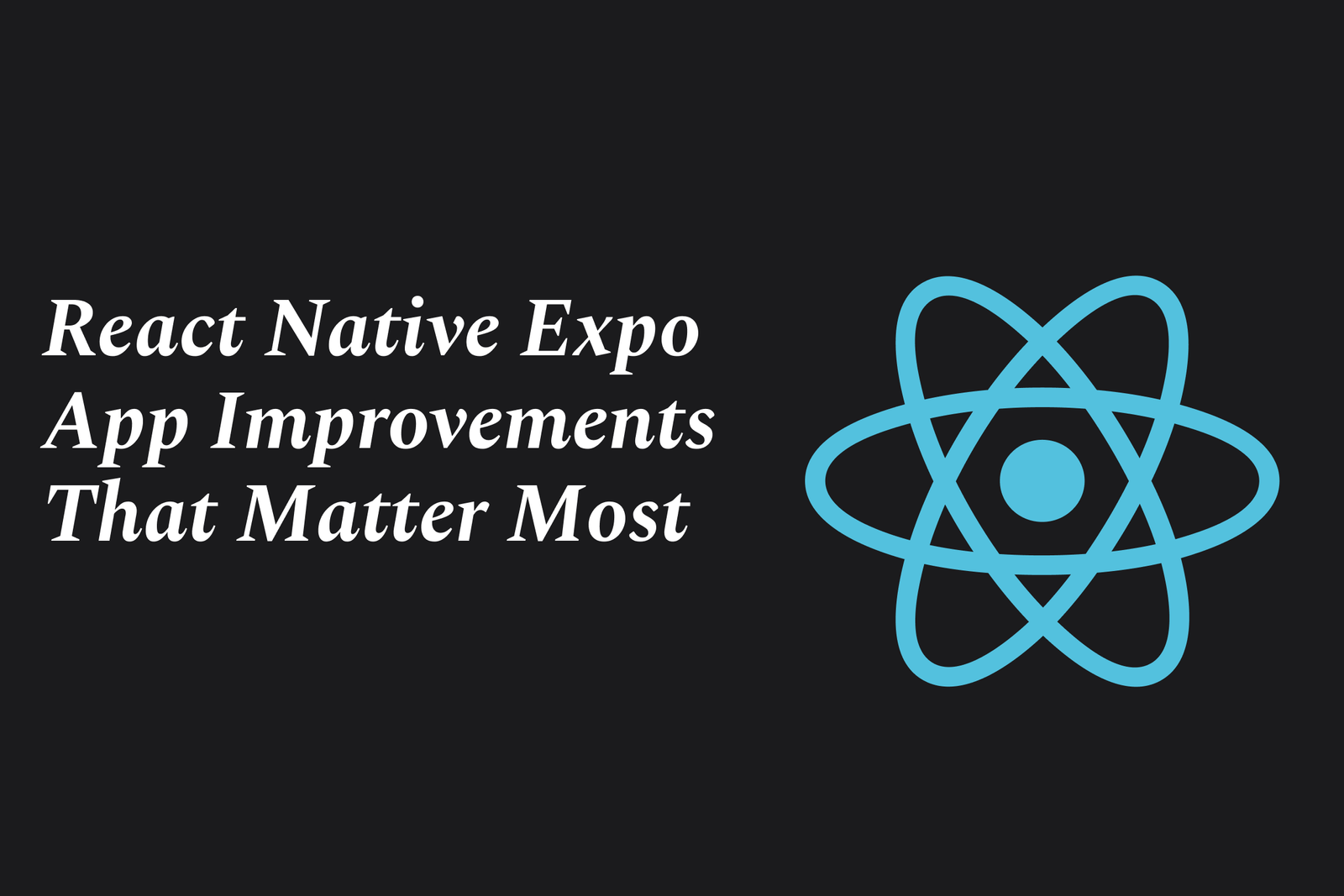How React Native is Powering the Future of Smart Home Apps
React Native powers the future of smart home apps by enabling fast, cross-platform development with real-time device monitoring, seamless integration, and intuitive interfaces. Its flexibility supports diverse smart devices, enhancing energy management and user control across multiple platforms.
How React Native Is Powering The Future of Smart Home Apps
1 ) React Native's Role in Smart Home Technology
React Native is emerging as a core framework powering advanced smart home applications.
Its cross platform capabilities allow developers to build apps that run seamlessly across iOS and Android devices, making smart home control accessible to a broad user base.
The framework’s performance and flexibility support integration with diverse smart devices and ecosystems.
2 ) Key Features Enabled by React Native for Smart Home Apps
Complex Device Monitoring: React Native apps can collect real time data from various smart home hardware, such as battery banks, solar panels, electric vehicle chargers, and household appliances.
User Friendly Interfaces: It facilitates designing intuitive and easy to navigate interfaces that present complex energy and device data clearly.
Real time Insights: Applications built with React Native offer live feedback and monitoring, helping users to manage energy consumption efficiently.
Smart Notifications: Personalized push alerts can inform users about device status, failures, or external threats, enhancing proactive home management.
3 ) Advantages in Development and Maintenance
React Native allows for a largely JavaScript based codebase, promoting rapid development and easier maintenance.
Though some native code integration is often necessary for advanced functions or bug fixes, React Native simplifies cross platform delivery.
Developers benefit from a vast ecosystem of libraries and tools for animation, sound, in app purchases, and integrations with platform specific services.
4 ) Extended Platform Support Beyond Mobile
React Native’s community driven extensions like react native web and react native windows enable apps to run on browsers and Windows devices, including desktops and mixed reality headsets.
This broad device support positions React Native as a versatile choice for future smart home app development including emerging technologies.
5 ) Challenges and Considerations
While React Native is powerful, it is not always the best choice for complex game or high performance applications without additional native or game engine support.
Maintaining native code and third party libraries requires developer expertise.
Support for some platforms (e.g., macOS, Apple TV) may be limited or unmaintained, requiring active developer involvement.
6 ) Impact on the Future of Smart Home Apps
By enabling cross platform, real time, and feature rich smart home applications, React Native is driving innovation in home automation tools.
It supports the growing demand for integrated energy management, user engagement, and device interoperability.
As smart homes evolve with IoT and mixed reality, React Native’s adaptability ensures its continued relevance in smart home app development.
https://justacademy.in/news-detail/flutterflow-and-low-code-revolution-in-2025
https://justacademy.in/news-detail/flutter-beta-features-worth-exploring
https://justacademy.in/news-detail/flutter-now-supports-desktop-and-embedded-devices
https://justacademy.in/news-detail/react-native-for-startups:-a-smart-choice
https://justacademy.in/news-detail/why-react-native-is-the-best-choice-for-mvps-in-2025
Related Posts
Java supports GDPR and data privacy by enabling secure data handling through encryption, controlled access, and precise data management. It allows developers to minimize PII exposure, ensure data confidentiality, and design workflows that comply with data protection regulations effectively.
Java code quality tools have evolved to include advanced static analysis, integrated security checks, and AI-powered code reviews. These updates help developers detect bugs, enforce coding standards, and enhance security, streamlining the development process and improving overall code reliability.
Java remains a cornerstone in big tech companies, evolving with modern features like records, pattern matching, and virtual threads. Its robust ecosystem, enhanced performance, and growing AI integrations keep it vital for both legacy systems and innovative new projects.
Java and CI/CD pipeline optimizations streamline Java application development by automating builds, tests, and deployments. They improve efficiency through parallelization, caching, and secure secrets management, enabling faster feedback loops and more reliable, scalable software delivery.
Java supports modern cryptography standards through its flexible Java Cryptography Architecture (JCA), enabling integration of advanced algorithms like AES, EdDSA, and post-quantum tools. Libraries like Bouncy Castle offer FIPS-certified, hardware-accelerated implementations for secure development.
Java 23 enhances record patterns by enabling concise, direct destructuring of record components within pattern matching, simplifying type checks and data extraction. This improvement boosts code readability and expressiveness by reducing boilerplate in handling immutable data classes.
Java remains a top choice for mobile app backends, powering scalable, secure, and high-performance server-side solutions. Latest trends include cloud-native microservices, reactive programming, and enhanced JVM optimizations, enabling efficient, flexible, and robust mobile backend development.
Java SE 24 and LTS Java SE 21 offer enhanced features and performance, while Apache Spark 4.0.0 introduces Scala 2.13 support and advanced ML and SQL capabilities. Together, they empower developers to build scalable, high-performance data applications with modern tools.
JUnit 5 modernizes Java testing with a modular architecture, improved assertions, and seamless Java 8+ support. Beyond JUnit, tools like Mockito and AssertJ enhance mocking and assertions, creating a powerful, flexible ecosystem for writing clean, efficient Java unit tests.
Java plays a pivotal role in cloud automation tools by providing a robust, platform-independent language used to build scalable automation frameworks like Jenkins and Selenium, enabling efficient CI/CD pipelines, testing, and orchestration across diverse cloud environments.










